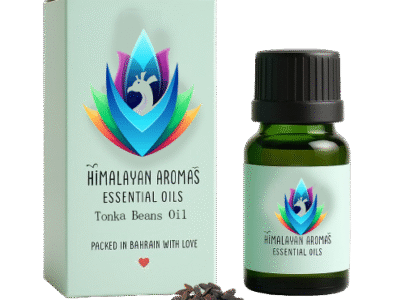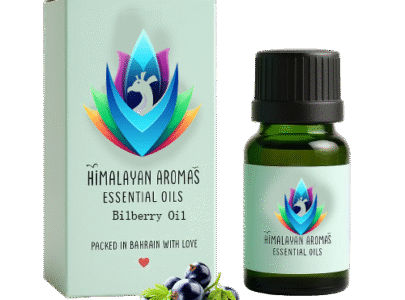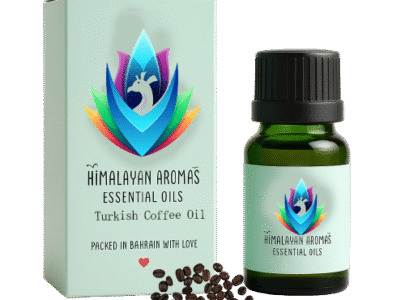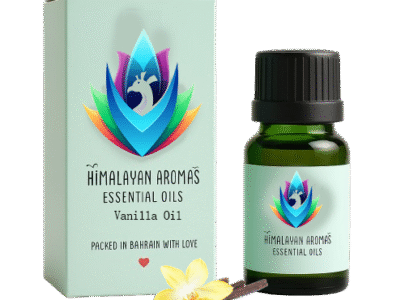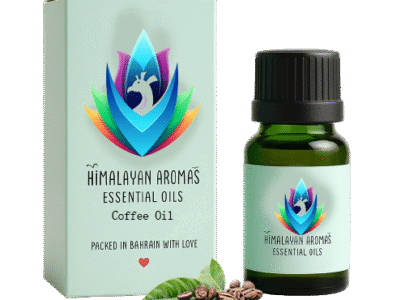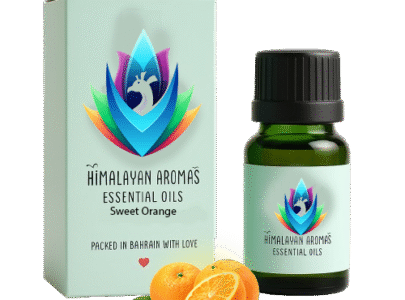
Benefits of Sweet Orange Essential Oil
When I am feeling anxious or lethargic, Sweet Orange Essential Oil does a great job helping to uplift and balance my mood.
-
- Colds
- Constipation
- Dull Skin
- Flatulence
- Flu
- Gums
- Slow Digestion
- Stress
- Antidepressant – great for lifting low mood
- Antiseptic – good for sanitising and useful for cleaning
- Antispasmodic – eases muscle spasms
- Detoxifying- aids detoxing
- Refreshing
- Good for concentration and focus
- Anti-inflammatory
- Good for reducing acne
- Tones skin, helps skin look brighter and more youthful
- Good for digestion, including easing constipation, reducing flatulence, indigestion etc.
- Calming – good for nervous tension and calming lively children
- Good for easing insomnia and sleep problems
Key Takeaways
This list is by no means exhaustive, but you’ve probably got the idea by now that the sweet orange essential oil benefits are vast which is why Nature’s Divine include it in many of our organic skincare products. It’s not an accident that we include this vibrant essential oil in our organic skincare products.
The calming, fresh scent coupled with the stringent health benefits citrus brings to our bodies and minds make this incredible essential oil a magical ingredient, and what’s more, it’s plant-based, organic, vegan and cruelty free. What’s not to love!
Testimonials
What clients say
Check Our Bundles
gift packs
Bergamot Oil

BD 5647
- Mood-Boosting and Stress Relief
- Supports Digestive Health
- Skin Health and Acne Treatment
- Fights Fungal Infections
Ylang Ylang Oil

BD 489
- Improves Sleep Quality
- May Help with Pain Relief
- Balances Skin Oils
- Enhances Hair Health
Frankincense Oil

BD 627
- Reduces Stress and Anxiety
- Supports Respiratory Health
- Boosts Immune System
- Improves Sleep Quality
Eucalyptus Oil

BD 458
- Reduces Stress and Anxiety
- Supports Skin Health
- Boosts Immune System
- Relieves Pain



